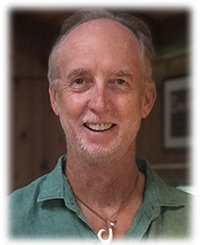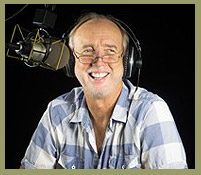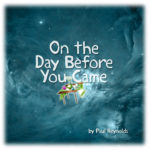On Intuition
 One reliable source of intuition is formulating good questions and having an intention behind the questions:
One reliable source of intuition is formulating good questions and having an intention behind the questions:
“What is it that I need to learn today?”, “What is it that I need to learn to live my life better?”, “What is it that I need next to write my book?”
My sense is that intuition often reveals what you need to do next, although not necessarily the big picture. And if we’re content with not pressuring intuition to always give us a mountaintop perspective, but rather just to answer for us, “What happens next? What do I need to do next?”, I think that’s a better relationship with intuition.
Four more things I’ll mention about intuition: Working with dreams is fraught with the possibility of descending into chaos, but with practice and the development of skills, it can become a crucial source of intuition. I really value my ability to do one of the primary Jungian practices, which is shadow work — dealing with those aspects of me that are unripe and dumb. Dreams have been crucial in helping me unlock the magic of dealing with my shadow and transforming my shadow.
Another good practice for intuition is to ask the question, “What does my death say?” On one’s deathbed, what does one want to look back at and say, “That was important. That was important. That was important. No, that wasn’t so important.” So one’s death can be a tonic informant that helps intuition really focus and come into maximum usefulness.
The other thing is that intuition is aided immeasurably by moving, by walking. I don’t know if that’s true for everybody. Walks and nature are important for me being able to tune into intuition that turns out to be useful and enduring. So often I’ll take a notebook with me, or a recorder with me, to capture those intuitions that come to me while I’m walking.
There’s one other thing. The practice of intuition takes place best when you have gone as far as you can with your intellect. In other words, I can’t skip the stage of the process of research, of thinking hard, of using my logic, of being reasonable. That’s crucial for generating intuition that’s accurate and useful.
And once I’ve done the research, once I’ve tried to think my way to being as objective as possible — and that involves using the scientific method — then I hand it over to intuition and say, “Well, what more can you tell me, given that I’ve come this far with all this analysis? What can you add to it?”
– – Robert Breszny

“Not Christian or Jew or Muslim, not Hindu, Buddhist, Sufi, or Zen. Not any religion or cultural system…..” - Rumi
For over 30 years Paul Reynolds has collected and shared inspiration from a wide variety of sources. Embracing the philosophy that at the core of all these expressions is the reminder that we are loved and supported every moment. This unending stream of inspiration, imagination and wisdom is posted via his weekly ‘Living the Question Blog’, which has become ‘home’ for those discoveries. If you would like to receive the readings and share them with those you feel will benefit, please fill out the ‘Subscribe’ form to the right and Paul’s selections will come to your email every Friday.




